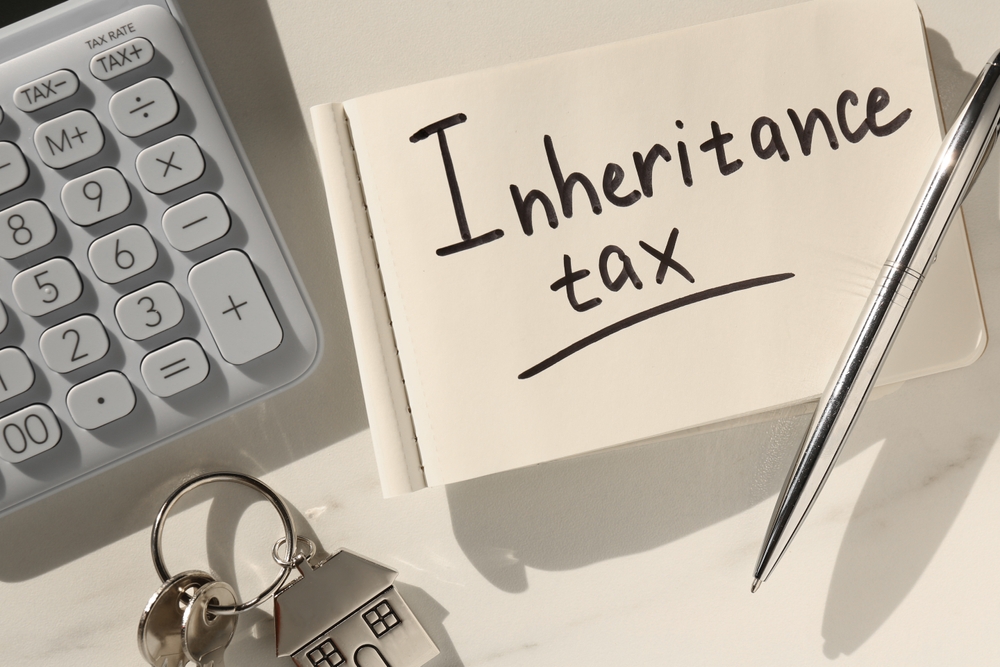Fringe benefits tax (FBT) is a tax an employer pays on certain benefits they provide to their employees, including their employees’ family or other associates. The benefit may be in addition to, or part of, their salary or wages package. Fringe benefits tax is separate to income tax and is calculated on the taxable value of the fringe benefits provided.
Recently, the Australian Tax Office has released information for business owners which outlines some of the most common FBT mistakes made over recent financial years, as there are some misconceptions surrounding FBT exemptions of certain benefits provided to employees.
A condition of an FBT exemption is that the benefit provided is primarily used to enable the employee to do their job. In determining a benefit’s primary use, the Tax Office considers the employee’s’ intended use’ at the time the benefit is provided.
There are also benefits that an employer can provide that are already deemed FBT exempt, such as work-related items like laptops, computer software and mobile phones.
Some of the circumstances the ATO has advised businesses to be wary of include:
- Garaging a business vehicle at an employee’s residence; this may be deemed a car fringe benefit
- Contributions an employee makes to reduce the taxable value of a fringe benefit are assessable income for income tax purposes and are also possibly taxable supplies for GST purposes
- If employees have incurred any fuel and oil expenses they must provide the employer with a declaration to substantiate these expenses






